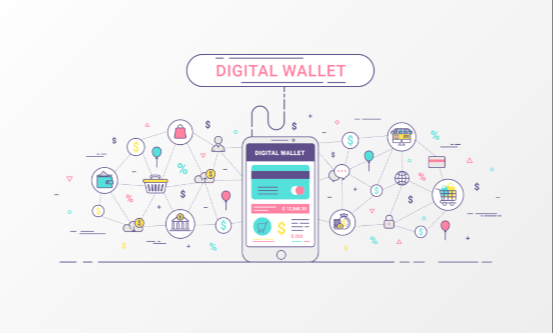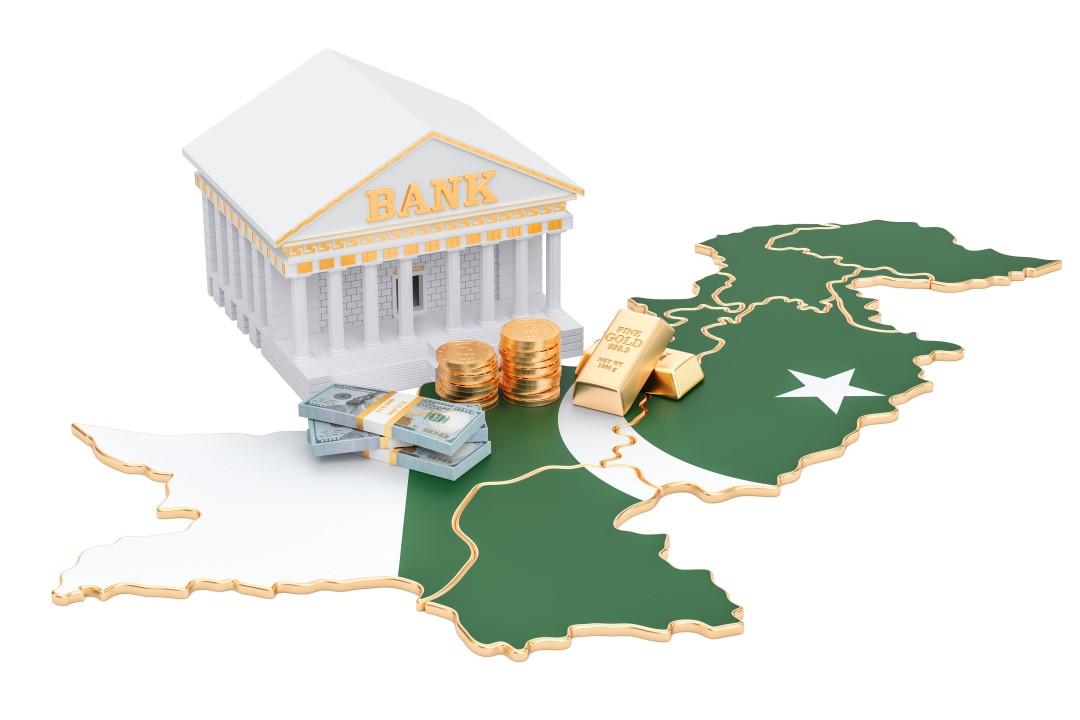Digital Wallets in Pakistan
Four years ago when I was in the initial stages of co-founding Programmers force, Pakistan’s first AI firm, digital banking at that time was next to none. At the time EasyPaisa was only operating under pure OMNI model and digital Banking users in Pakistan were less than 2 million now, things have changed drastically. Take a look at this figure.

After viewing the latest figures I’m impressed with the growth of digital products, especially the M-wallets. But the number of internet banking users is not increasing at the rate it should. Let’s break down numbers according to the figures provided by PTA (these numbers are alarming when compared to the number of active users. It clearly shows that something is wrong).

Pakistan has internet data packages at very cheap rates. According to the data provided by e-commerce report of Pakistan, the weekly data cost is less than $2 for 3GB to 4GB internet bundle.
What is the problem then?
There are some major issues:
- COD reliance
- Digital Acceptance
- Complicated on-boarding
- User-friendly interference
- Technology Adoption
- Customer protection
- Digital profiling

COD Reliance
Cash on delivery A.K.A COD is the root of many evils in Pakistan. The birthplace of many scams as e-commerce is simply struggling due to fraudulent vendors as their trade model is to show one thing and sell something else. Plus, many other vendors don’t refund. COD is allowing fake vendors to mix with good ones and harm the economy and destroy user trust in the digital marketplace. I can confidently say that users are only using COD because there is no better option. The digital payment system of M-wallets is complex. They are mostly the modified form of Omni channel. Most users in Pakistan find it inconvenient to pay via shop vendor or via ATMs (which are still not user-friendly). M-Wallets are only surviving due to the large discounts they currently offer.
Digital Acceptance
This is one of the biggest hurdles in Pakistan. About 80% of digital usage in the country is for leisure purposes and the rest for knowledge-based activity. Digital acceptance is very limited. Still, digital wallets and payment cards have very little acceptance along with unsatisfactory consumer protection. The Government of Pakistan stated in their E-commerce report about improving trust in digital vendors.
Complicated on-boarding
This is also one of the biggest problems Financial and digital industry is facing at the moment. This is a common problem for both supplier and buyer as most Pakistanis tend to avoid complicated and outdated methods, including hectic manual work, and at times paperwork. The common man is scared of paperwork and falls for COD scams again. Also, digital onboarding in Pakistan is used by new entrants but that’s only for digital products. Financial institutions work with every sector as a secure and digital method of payments help against money laundering practices. Tools such as facial recognition are much easier than mobile or email verifications, which can be easily breached as average user has little to no knowledge about privacy laws. On top of that, consumer data protection is extremely weak. Fraudulent vendors sell consumer data, which is why you still get a ton of spam. Privacy is ditched in a matter of seconds. Digital onboarding along with proper data protection laws can help increase digital, financial and other services users.

User friendly interference
This issue has been addressed in recent times but the problem is overlooked in simplifying the interface. Big vendors are adopting an agri-vendor made app, in the local language. It also had the text-to-speech option. The response from farmers was more than welcoming.

Technology Adoption
This is also an issue which is a slight problem for Pakistani service providers as they can implement the latest tech but user adoption is not swift. Pakistanis might be the quick adaptor of many techs. Most local users tend to acquire technology but not use it properly. The majority buys tech gadgets as a fashion statement or a status symbol not for making the most of technology.
Customer protection
Consumer Protection is a major untouched area in Pakistan. Privacy issues are sundry and the consumer is not protected even the country’s biggest vendors risk being fooled or fraudulent goods being sent.

Recently a large Chinese vendor in Pakistan came under a lot of pressure for selling faulty goods during the recent Black Friday sale. Mobile companies and merchants in Pakistan often sell user database to spammers. Probably this is the reason we’re all winning Benazir Income Support and helping Saba reload mobile balance.
Digital profiling
Data profiling can accelerator growth for Pakistan. It can help shape the structure of e-commerce in Pakistan, both the vendor and client profiling can help boost customer’s trust and turn their attention toward digital markets rather than the physical ones.
Role of digital wallets

M wallets or digital payment tools are beneficial in protecting the user and from unrecorded and over recorded transactions. This can make Pakistan safe from terrorism and money laundering. These digital tools also increase the size of the GDP by providing proper tracking of users and the money.
A channel that not only increases white money but increases the number of taxpayers as free riders will be discouraged. Digital wallets can also help provide financial tools like instant lending to the people who hesitate in obtaining even a small (Micro) loan for their needs. This will help reshape the industry only if the wallet providers are good since everyone is being allowed to come. Finding a good wallet is going to be a hassle. But overall, this is something great if the concerns I’ve mentioned are addressed.




